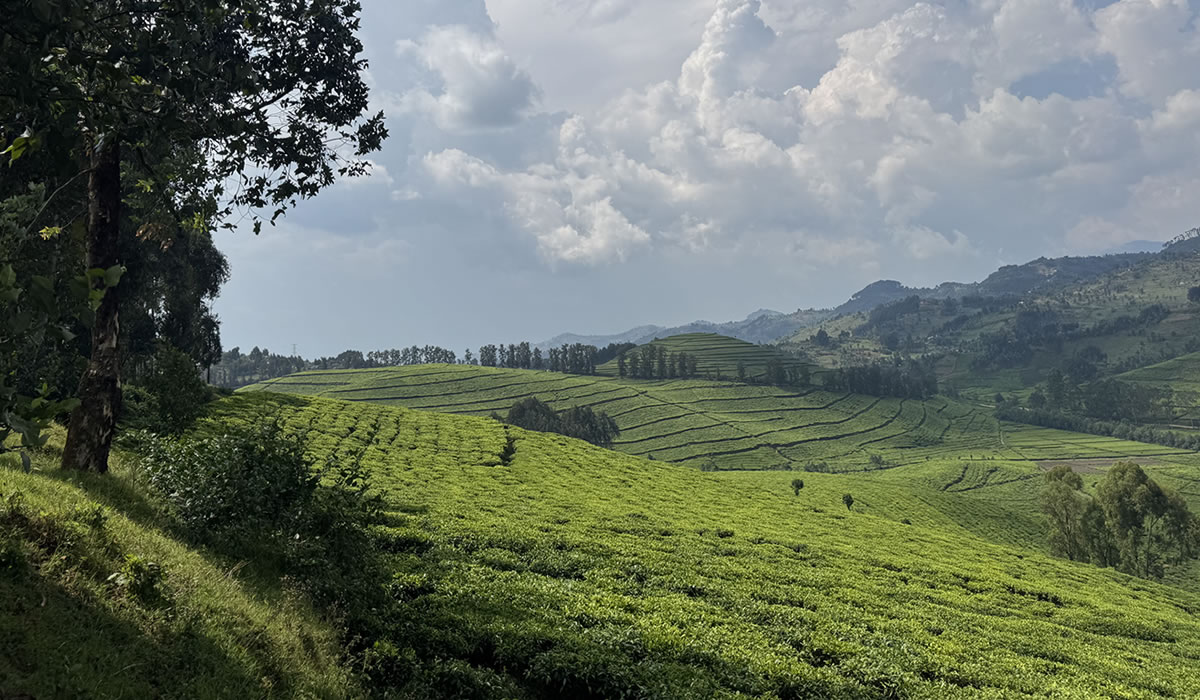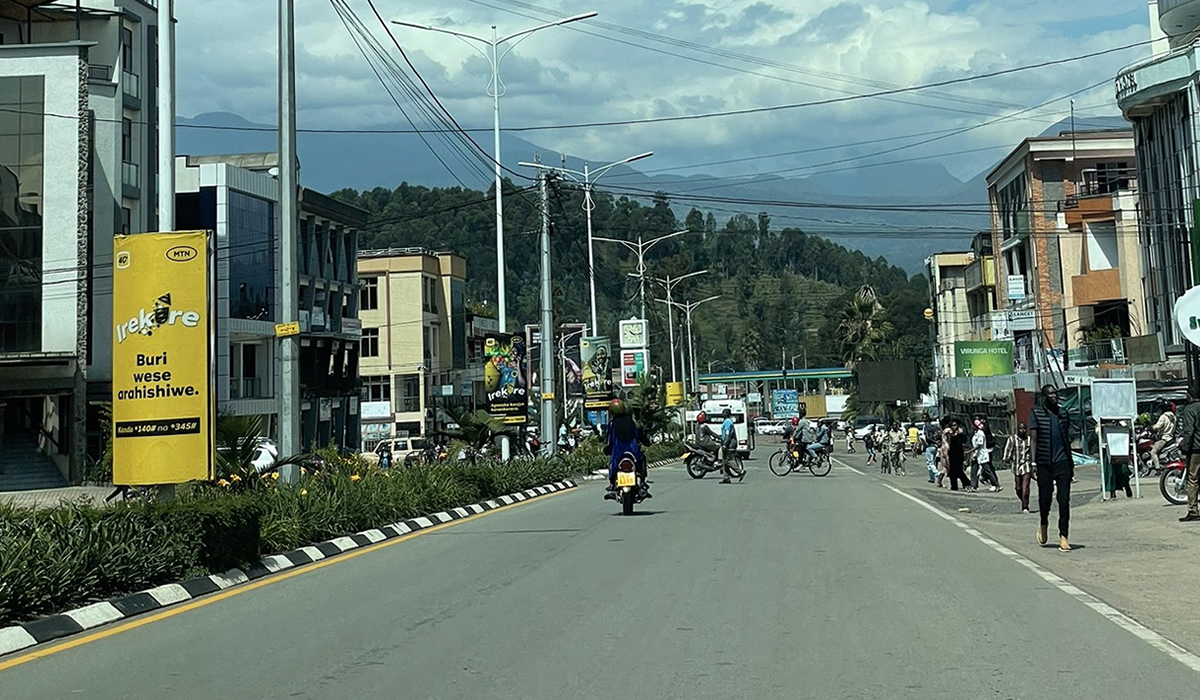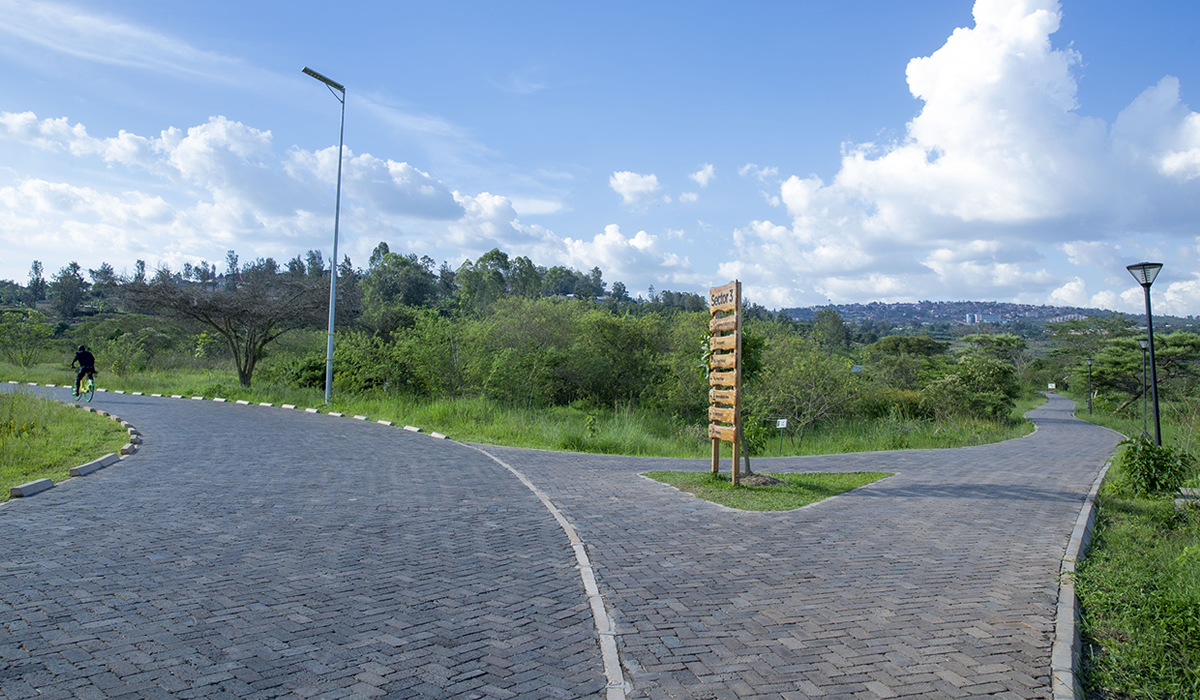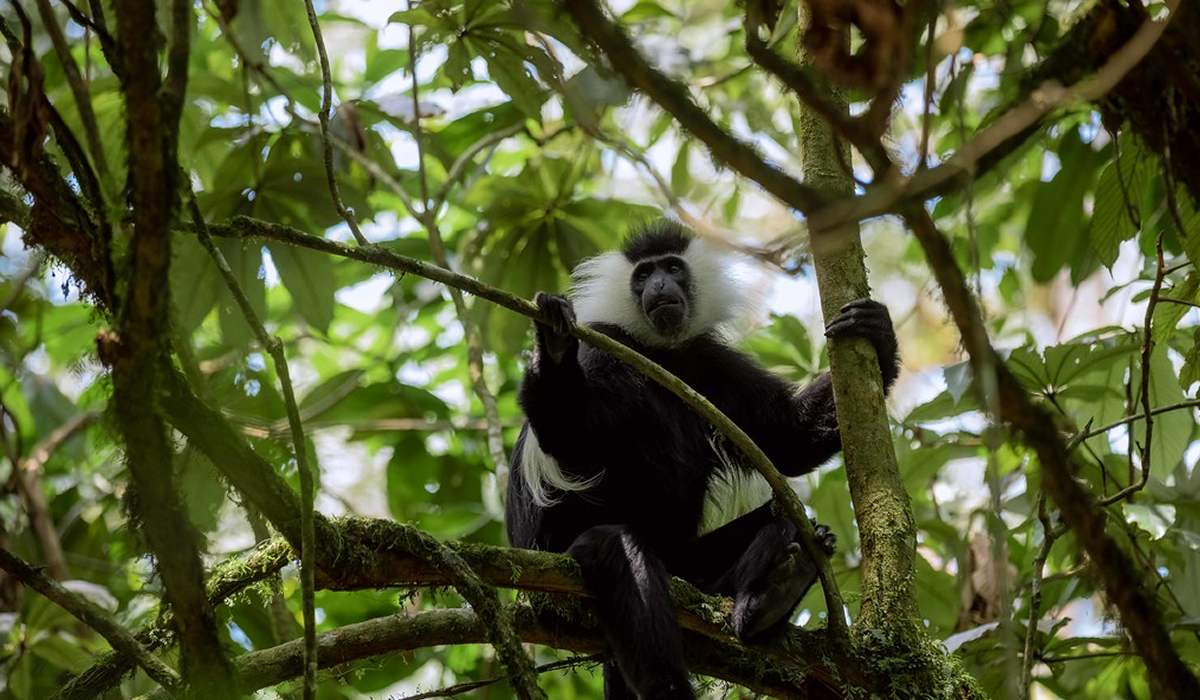Musanze is one of Rwanda's most engaging destinations, known for incredible landscapes, rich culture and…

Rwanda Tea Plantation Tour
Rwanda is not only famous for its stunning landscapes and wildlife but also for producing some of the finest tea in the world. A Rwanda Tea Plantation Tour offers tourists an immersive experience into the heart of the country’s rolling green highlands, where tea growing has shaped local livelihoods, culture, and scenic beauty. This experience combines nature, culture, and history, giving visitors a deep appreciation for one of Rwanda’s most treasured exports.
Tea was first introduced to Rwanda during the colonial period in the 1950s, when the country’s fertile volcanic soils and high altitude were identified as ideal for tea cultivation. Over the decades, the industry has grown to become one of Rwanda’s leading exports, providing employment for thousands of rural households. Today, tea plantations stretch across the country’s misty hills, particularly in regions like Nyamasheke, Gicumbi, Gisovu, and Nyaruguru. The government and private sector have invested heavily in improving tea quality, positioning Rwandan tea among the best in the international market.
Where to Experience Tea Plantation Tours in Rwanda
Several regions in Rwanda offer unique tea plantation tours, each with its own character and scenic charm. One of the most popular destinations is Gisovu Tea Estate, located in the western province near Nyungwe Forest National Park. This plantation lies at an altitude of over 2,000 meters and is surrounded by dense forest and rolling hills. Visitors here can enjoy guided tours through the plantations, visit the tea factory, and learn about the entire tea-making process from leaf to cup.
Another notable location is the Nyabihu Tea Plantation in the northern part of the country, not far from Volcanoes National Park. The proximity to the park allows tourists to combine gorilla trekking adventures with a relaxing tea experience. The lush green hills of Nyabihu provide breathtaking views, especially at sunrise or sunset, when mist settles over the plantations. Gisakura Tea Estate, located on the edge of Nyungwe Forest, is another top destination known for its scenic beauty and accessibility. Many tourists who visit Nyungwe Forest for chimpanzee tracking or canopy walks often add a tea plantation tour to their itinerary.

The Tea Growing Process
Tea cultivation in Rwanda is a meticulous process that depends on altitude, climate, and careful management. Most plantations are located at high elevations between 1,800 and 2,500 meters above sea level, where cool temperatures and regular rainfall provide ideal growing conditions. The process begins with the plucking of tender green leaves, usually done by hand. Skilled tea pickers, many of them local women, select only the top two leaves and a bud to ensure premium quality.
After harvesting, the leaves are transported to nearby tea factories for processing. Visitors on a Rwanda Tea Plantation Tour can witness each step, including withering, rolling, fermentation, drying, and sorting. Each stage is crucial to developing the distinctive aroma, colour, and flavour of Rwandan tea. The final product is graded and packaged for both local consumption and export to international markets, including Europe, Asia, and the Middle East.
Tea Tasting Experiences
No tea plantation tour in Rwanda is complete without a tea tasting session. At the end of the factory tour, visitors are usually invited to sample different grades of tea, learning to appreciate the subtle differences in aroma and flavor. Guides explain how factors such as soil composition, altitude, and processing techniques influence the taste. Rwandan tea is known for its bright color, brisk flavor, and refreshing aroma. Whether enjoyed hot or iced, it delivers a rich and satisfying taste that reflects the purity of Rwanda’s natural environment.
Tourists can also purchase freshly packed tea directly from the plantations as souvenirs or gifts. Many estates offer premium blends and loose-leaf varieties that are not easily found in international stores, making them exclusive mementos of a Rwandan tea adventure.

Community and Cultural Encounters
One of the most rewarding aspects of a Rwanda Tea Plantation Tour is the opportunity to interact with local communities. Tea farming is deeply embedded in the daily life of many rural Rwandans, and visitors can witness how it sustains families and contributes to community development. Many estates collaborate with nearby villages to provide employment, education, and healthcare services.
During the tour, visitors can join local farmers in the fields to experience tea picking firsthand. This hands-on activity not only adds excitement but also fosters appreciation for the skill and effort involved in producing each cup of tea. Some tours include cultural performances, traditional dances, or home visits, offering deeper insight into rural Rwandan life.
Eco-Tourism and Sustainability
Rwanda has earned a global reputation for its commitment to environmental conservation, and the tea industry plays an important role in supporting sustainable practices. Many plantations implement eco-friendly farming techniques that minimise the use of chemicals, protect soil fertility, and conserve water. Some estates also promote agroforestry by planting shade trees and preserving biodiversity.
Eco-tourism initiatives encourage visitors to respect the environment while enjoying the scenic beauty of Rwanda’s highlands. Tours often emphasise sustainability by highlighting how tea production supports conservation efforts and provides alternative livelihoods that reduce dependence on natural forest resources. This balance between economic growth and environmental protection is a hallmark of Rwanda’s green tourism model.
Combining Tea Tours with Other Attractions
A Rwanda Tea Plantation Tour can easily be combined with other tourist attractions for a complete and enriching travel experience. The Gisovu and Gisakura plantations, for instance, are close to Nyungwe Forest National Park, where tourists can go chimpanzee trekking, bird watching, or take a walk on the famous canopy walkway. In the north, tea tours near Nyabihu and Rubavu can be paired with visits to Volcanoes National Park for mountain gorilla trekking, golden monkey tracking, or hiking the Virunga volcanoes.
Those touring the southern plantations near Nyaruguru can extend their journey to explore cultural sites, local markets, and scenic lakes such as Lake Kivu. The proximity of tea estates to major tourist attractions makes it easy to include them in Rwanda’s broader safari and cultural itineraries.
Best Time to Visit Tea Plantations
Tea plantations in Rwanda are beautiful throughout the year, but the best time to visit is during the dry seasons from June to September and December to February. During these months, the weather is pleasant, and the tea fields are lush and vibrant. Morning tours are ideal because the light mist creates a magical atmosphere, and visitors can witness workers plucking fresh leaves in the cool air. However, even during the rainy season, tea estates remain green and captivating, offering unique photographic opportunities.
Practical Information for Tourists
Most tea plantation tours can be arranged through local tour operators, hotels, or directly with the estates. Tours typically last two to three hours and may include transportation, a guide, factory visits, and tea tasting. It is advisable to wear comfortable clothing and shoes suitable for walking through hilly terrain. Photography is usually allowed, though visitors should always ask for permission before taking pictures of local workers.
Some estates also offer on-site accommodation or nearby eco-lodges for those who wish to spend more time exploring the region. Visitors can enjoy nature walks, bird watching, and scenic drives through Rwanda’s picturesque countryside.
Why Choose a Rwanda Tea Plantation Tour
A tea plantation tour in Rwanda is more than just a sightseeing experience; it is an opportunity to connect with the country’s culture, people, and natural environment. It combines relaxation, education, and cultural exchange in one unforgettable journey. The serene landscapes, the aroma of fresh tea leaves, and the hospitality of local communities create an authentic and enriching experience that appeals to both nature lovers and cultural enthusiasts.
Tea tourism in Rwanda continues to grow as more visitors seek meaningful and sustainable travel experiences. By joining a Rwanda Tea Plantation Tour, tourists not only enjoy the beauty of the country’s highlands but also support local livelihoods and environmental conservation. It is a journey that offers a perfect blend of scenic wonder, cultural immersion, and the simple joy of sipping a freshly brewed cup of world-class Rwandan tea.



